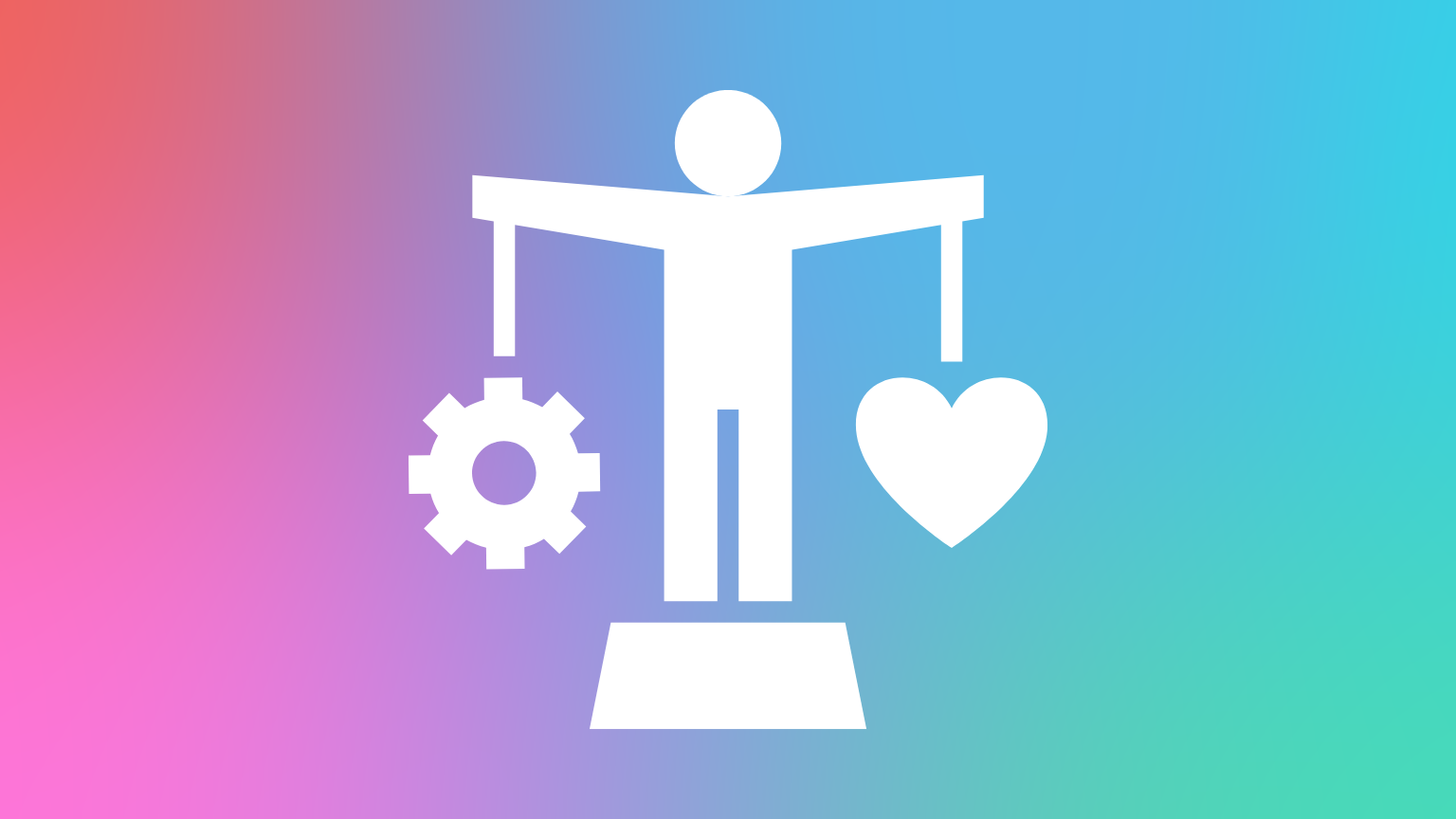In 2022, the technology ethics board at Witty Works set out to establish ethical standards for the startup world. Not finding established patterns, we looked to the private and public sectors for solutions and adapted them to our needs. We're excited to share the results and how we've put ethics into practice. Join us on this journey of responsible innovation!
How we identify potential issues
We adopted a process for operationalizing ethics at Witty based on the process that Leila uses with other organizations and startups, and tailored it to our needs with input from Anna. This process includes triaging issues by urgency, determining a facilitator for further work, and a continuous review process. During the triage process, if there are disagreements we simply assume the highest urgency to prevent voices of concern being ignored by majority vote. We plan to regularly communicate progress and learnings to keep our stakeholders informed.
Creative Commons Attribution 4.0 International
License
http://lt-collective.com/portfolio-2/
How we implement transparency
We also determined that every 3-6 months we want to communicate on the topics discussed and progress made in a blog post such as this. We determined that Witty Works would write our blog post, but that all ethics board members have the opportunity to have their dissent noted if they disagree with (parts of) the blog post. The ultimate form of dissent, of course, would be stepping down from the ethics board, which is a key aspect of the checks and balances between Witty Works and the external ethics board members.
Here we, unfortunately, failed to deliver, since it has now been almost a year since we last communicated about the board. We hope to communicate more frequently in the future. This year the delay mainly came because we wanted to hold off with communication until our data ethics principles were finalized and then the communication slipped longer than we had hoped and as a result, this blog post is now much longer than planned as well.
Our data ethics framework
With our ethics review process in place, we dove into triaging topics and setting data ethics principles to guide our assessments and ensure ethical decision-making at Witty Works. We adopted the AlgorithmWatch Impact Assessment Tool, originally developed for the public sector (see details in German), to operationalize data ethics principles in our decision-making processes.
Seven principles:
-
Ethical Principles
- 1. Harm Prevention - the principle of “Do no harm”
- 2. Justice and Fairness - treat equals equally and unequals unequally
- 3. Autonomy - enabling individuals to make decisions about their lives
- 4. Beneficence - the ability of ADM ( automated decision-making) to do good
-
Instrumental and Prudential Principles
- 5. Control - exercising control over processes so that they lead to the intended outcomes
- 6. Transparency - information to parties outside the institution
- 7. Accountability - structures designed to facilitate the identification and distribution of responsibility
The idea of the assessment tool is to work as a framework that is customized to the needs of the relevant organization. For example, some of the proposed questions only make sense for public sector organizations (see 1.10 - 1.13). After a thorough review, we identified 3 key questions to focus on during the initial review in our use case.
Triage-Questions
- 1.1 Enhanced privacy harm: Does the decision deal with special categories of personal data, as defined by applicable legal norms? Does the decision deal with exposing personal data that could be harmful?
- 1.14 Statistical proxy risk: Does the technical system rely on a statistical model of human behavior or personal characteristics?
- 1.15 Procedural regularity risk: Is the system designed to be adaptive so that it will not treat all new cases in the same way as those it encountered in the past because it changes its parameters (e.g., to become more efficient)?
If we answer “yes” to any question, we answer a number of follow-up questions that examine the balance that is created between risks and opportunities and how these are monitored. You can find a summary of the tool on our ethics board page.
How we operationalized our principles
At Witty, we use
ProductBoard
to collect user feedback and shaping new features.
To operationalize our data ethics principles, it is
critical that we integrate the above-mentioned
questions right into ProductBoard.
Our solution was to add the initial three questions to our product ProductBoard ticket template. If any of these questions are answered with “yes”, we create an entry in a Notion. There we answer the follow-up question. The ProductBoard ticket and Notion database entry are cross-linked and given to the ethics board for review. All Witty Works employees also have full access to both ProductBoard and Notion.
We attempted to automate creating entries on Notion from ProductBoard using Zapier, but were unable to automate cross-linking and filtering based on the 3 key questions we identified. If we need to scale up our team, we may consider using Camunda's DMN/BPMN engine as an alternative solution.
How it's working for us
We are using the workflow in our daily work and the
effort so far has been quite managable. More
importantly for those cases where we did identify
potential issues, the exercise was very helpful both
from multiple points of view: technical (how can we
minimize the drawbacks) to operational (how do we
monitor that the goals are realized) to
communication (how are people informed). As a last
step in the initial setup process, we will now hold
an internal workshop with the entire team to make
sure that everyone understands the approach, what to
look out for and how to participate in the process
of their expertise is needed.
In
conclusion we can highly recommend implementing such
a workflow to any startup. You will become more
trustworthy to your customers and since the process
only askes for documentation that your entire
organization will also benefit from, it doesn't get
in the way of delivering features.
If you are looking for a digital writing assistant for inclusive language, try out Witty for free. Witty detects non-inclusive language and provides ongoing training on unconscious bias and operationalizes inclusion.





